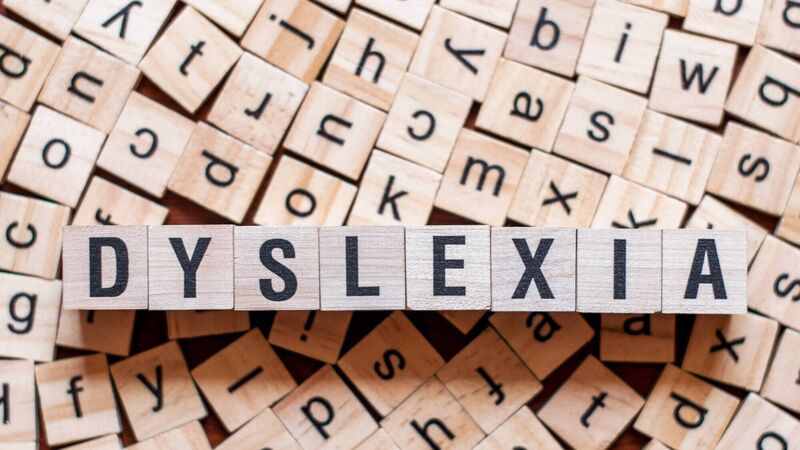Access to dyslexia assessment remains challenging for both children and adults, with many waiting over two years to be initially assessed for the learning condition, the Dyslexia Association of Ireland has warned.
According to the group, the public assessment system is increasingly failing to meet the demand for dyslexia assessments, leaving many with no other option but to seek private assessments.
Already a subscriber? Sign in
You have reached your article limit.
Subscribe to access all of the Irish Examiner.
Annual €130 €80
Best value
Monthly €12€6 / month
Introductory offers for new customers. Annual billed once for first year. Renews at €130. Monthly initial discount (first 3 months) billed monthly, then €12 a month. Ts&Cs apply.
CONNECT WITH US TODAY
Be the first to know the latest news and updates











